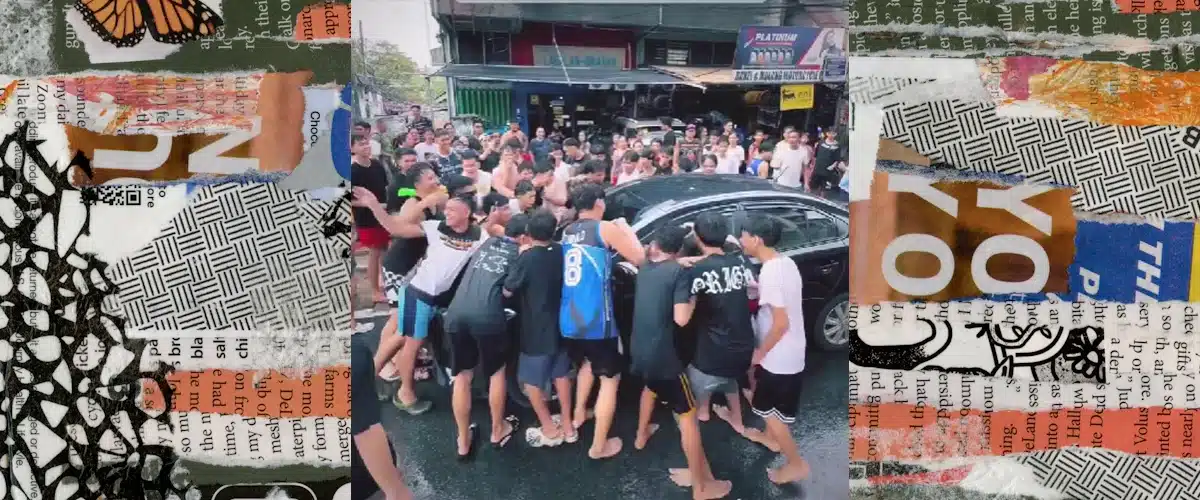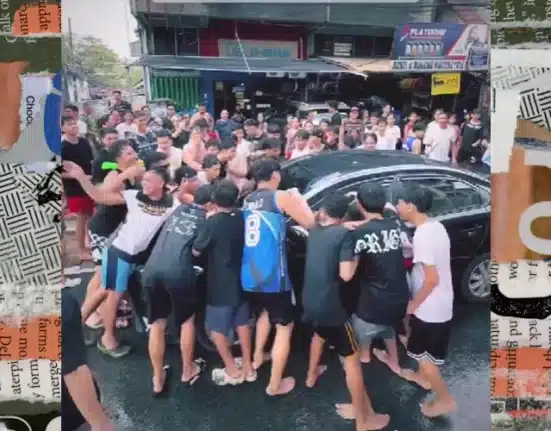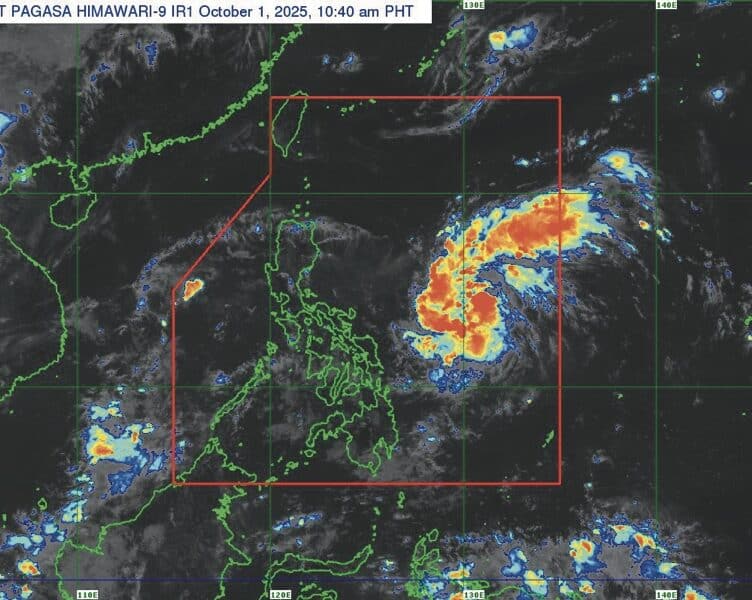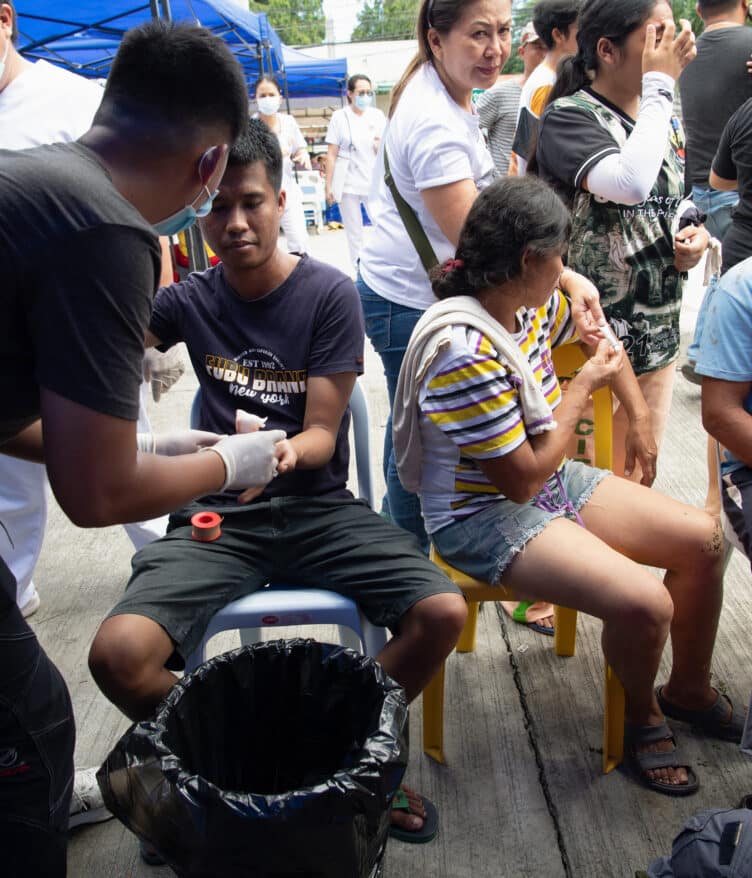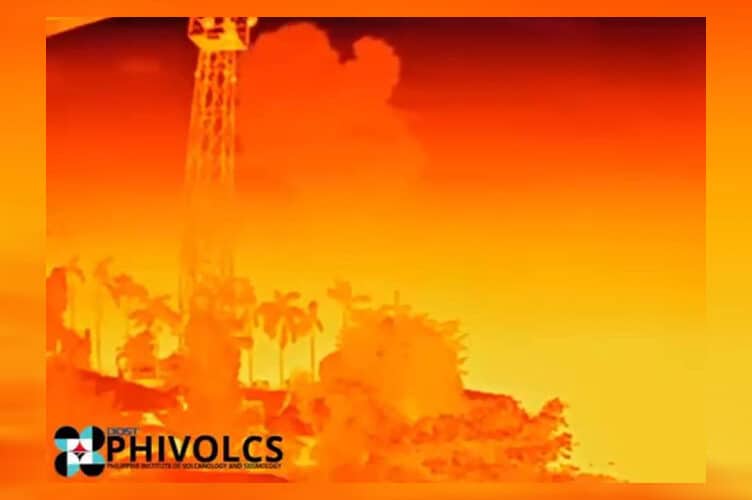FOR CENTURIES, festivals were celebrated to honor and preserve cultural identity, heritage, and religious practices. These allow the community to come together and with such solidarity, communities create an overall festive atmosphere.
However, some might go beyond limitations or guidelines, potentially harming participants or those who might not wish to participate.
The annual “Wattah Wattah” Festival, marked on the feast of St. John the Baptist, patron saint of San Juan City, Metro Manila, is celebrated every June 24. Revelers are known to splash water on others apparently to imitate and honor St. John the Baptist.
Days before the event, the Daily Tribune reported the announcement of San Juan Mayor Francis Zamora about the new guidelines on water conservation during the festivities, as well as city ordinance No. 51, series of 2018: prohibiting disturbing vehicles by shaking, openly forcing, and entering PUVs and private cars to douse drivers and passengers with water. Such actions are subject to penalty.
On the day of the festival, the supposedly joyous celebration was marked by participants’ disobedience of the above rules, leading to complaints from many of their “victims.”
For instance, social media users’ posts that are being shared on Facebook are complaining about damage and danger to properties and people, as narrated by PhilSTAR Life in their article: “…gadgets were damaged, school documents were soaking wet, and a child almost drowned.”
The owner of the allegedly damaged gadgets amounting to PHP 73,000 asked who to blame for the chaotic attitude of participants. The term “perwisyo” pertaining to the festival became viral on Facebook after complaints about the festivities surfaced.
In response, the local government unit of San Juan, through their City Tourism and Cultural Affairs Office, issued an apology on San Juan City, Philippines’ Facebook page, saying, “Humihingi kami ng paumanhin sa nangyaring kaguluhan sa basaan noong kapistahan ni San Juan Bautista.”
“Victims” of the chaotic event called for accountability for those who violated the law, which the City Tourism and Cultural Affairs Office acknowledged in their post: “Tinitiyak namin na gagawin namin ang lahat ng kinakailangang hakbang upang masigurong pananagutin ang lahat ng mga lumabag nang naaayon at upang hindi na ito maulit pa sa mga susunod na pagdiriwang.”
Despite their apology, many commenters have said similar requests, that is to immediately impose justice through rapid investigation: “Nagkalat po ang mga videos na kanilang ginawa sa socmed,” with another commenter adding, “Maraming ebidensya…”.
The Philippines is known as one of the Asian countries with lively festivals that tourists from foreign countries find amusing. The Department of Tourism changed its new campaign slogan from “It’s More Fun in the Philippines” to its new perspective, “Love the Philippines.”
Festivals are an opportunity for people to show our identity as a fun and high-spirited nation, but we must add love to it as it is what will ultimately link us.
When we show love and respect for our countrymen, that is when we can truly say we “Love the Philippines.”
With reports from Naomi Viehl D. Politico
How useful was this post?
Click on a star to rate it!
Average rating 0 / 5. Vote count: 0
No votes so far! Be the first to rate this post.
We are sorry that this post was not useful for you!
Let us improve this post!
Tell us how we can improve this post?

